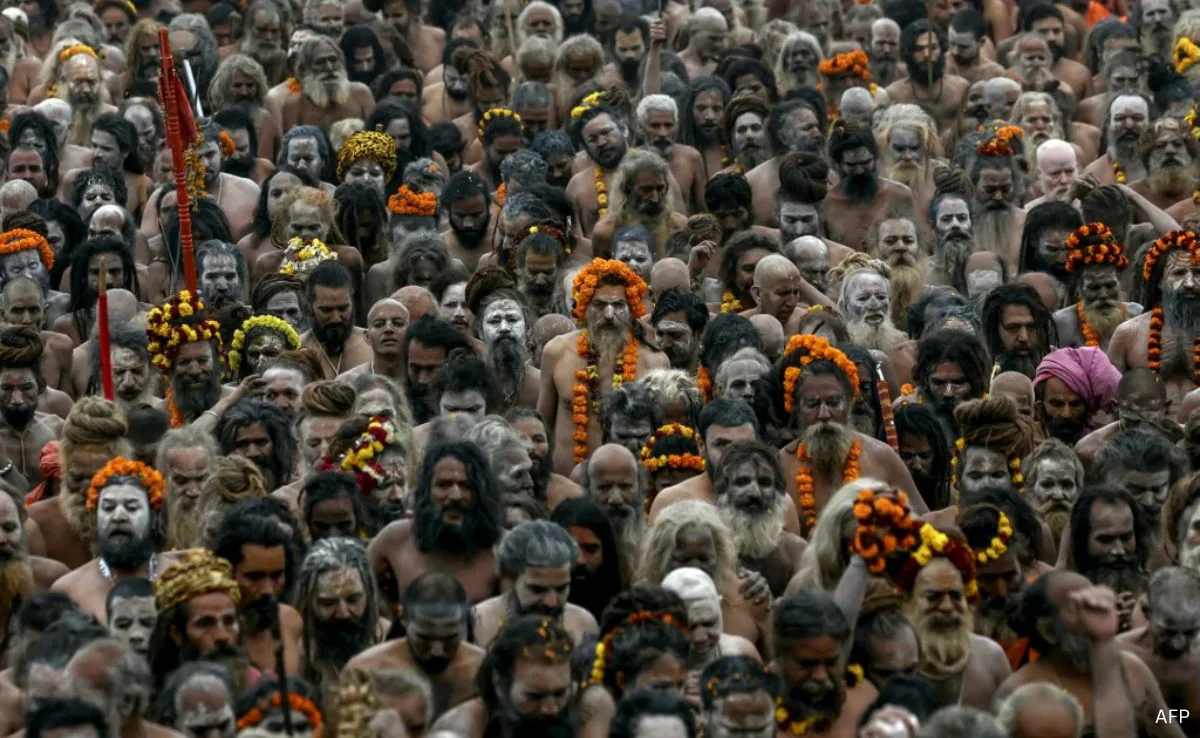Mahakumbh: An Ode to India's Timeless Splendor and Humility
Recently, a friend and I journeyed to the Sangam at the Mahakumbh in Prayagraj, aiming to grasp the spirit of the world's largest gathering. We spoke to two policemen who were tirelessly managing one of the Khoya-Paaya (lost and found) stations. These hubs proved bustling during the Mahakumbh, filled with worried individuals and proactive officials, along with volunteers attempting to communicate in broken Assamese, Telugu, and other languages, using hand signals to assure the distressed that their loved ones would soon be found.
I inquired of one officer whether dealing with lost children or elderly pilgrims posed a greater challenge. Without hesitation, he stated, "it's always the senior citizens. They’re generally from different regions, and the language barrier complicates matters. There’s considerable anxiety about whether their relatives will return. While parents may panic when their children go missing, they usually manage to locate them in the end."
British economist Joan Robinson once expressed, "The frustrating thing about India is that whatever you can rightly say about India, the opposite is also true." This observation has frequently aided my understanding of the nation. It reflects not just the varying dynamics of India across different periods, but it holds true for us as Indians as well.
I take pride in the paradoxes present within my country, and here’s why: while the policeman’s account was revealing, I also encountered a deeply moving experience at the same Mahakumbh.
I met a large family from Hubbali, Karnataka, consisting of 21 members who journeyed to the Mahakumbh after visiting Ayodhya. One of the elders had gone missing while they were in Ayodhya, only to be found after six hours of anxiety. In their fear, the family crafted a lengthy tether made from at least a dozen dupattas to link them together as they walked.
"The eldest among us is 89, and the youngest is just 3 years old. We will never take such a risk again," one woman from the family shared with me. Her dedication to ensuring her family’s safety was commendable—a testimony to the fact that even in the massive crowd at the Kumbh, lost souls ultimately reunite with their families.
At the Mahakumbh, nearly every pilgrim I encountered recounted a story of a relative they had misplaced. A doctor from Gujarat even carried a photograph of her deceased grandparents, who had taken her to her first Kumbh many years ago. Temple visits have always played a vital role in my life, serving as sanctuaries that provided my family with comfort and a profound sense of cultural identity. Thus, when it came to attending the Kumbh, there was never any question of whether I would partake in the sacred dip.



No comments:
Post a Comment